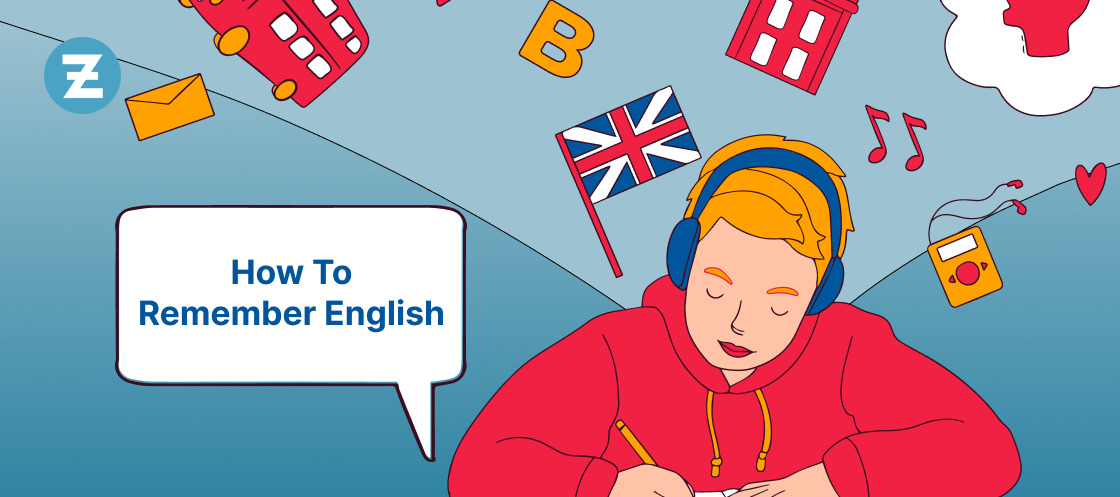Are you ready to take your English language skills to the next level?
Whether you’re an aspiring traveler, a nature enthusiast, or simply looking to expand your vocabulary, mastering landscape vocabulary words is essential.
In this blog post, we will explore a curated list of words to help you describe and appreciate the beauty of the natural world.
So grab a pen and paper, and let’s dive into the fascinating world of landscape vocabulary!
Read Also: 27+ Essential UK English Slang for Language Learners
60 Landscape Vocabulary Words
-
Terrain:
The physical features of a piece of land, including its elevation and topography.
-
Landscape:
The overall appearance of a natural or man-made area, including its physical elements and design.
-
Garden:
An area of cultivated land for growing flowers, plants, or vegetables.
-
Park:
A public area with grass, trees, and recreational facilities for leisure and relaxation.
-
Meadow:
An open field of grass, often used for grazing animals or as a recreational space.
-
Forest:
A large area covered with trees and undergrowth, typically home to diverse wildlife.
-
Woodland:
A smaller area of land covered with trees, less dense than a forest.
-
Pond:
A small body of still water, typically smaller than a lake.
-
Lake:
A large body of water surrounded by land.
| Upgrade your English pronunciation and listening abilities with Zoundslike’s interactive learning platform! |
-
River:
A natural flowing watercourse that usually leads to a larger body of water.
-
Stream:
A small, narrow river or watercourse.
-
Waterfall:
A cascade of water falling from a height.
-
Cliff:
A steep, vertical rock face or slope.
-
Hill:
A rounded elevation of land, smaller than a mountain.
-
Mountain:
A large natural elevation of land, higher than a hill.
-
Valley:
A low area of land between hills or mountains, typically with a river or stream flowing through it.
-
Canyon:
A deep, narrow valley with steep sides, often carved by a river.
-
Plateau:
A flat, elevated area of land.
-
Dune:
A mound or ridge of sand formed by wind action.
-
Desert:
A barren area of land with little or no vegetation and limited precipitation.
-
Oasis:
A fertile spot in a desert where water is present, often surrounded by vegetation.
-
Coastal:
Relating to the area where land meets the sea.
Read Also: 187 American Slang Words You Need to Know in 2023
-
Shore:
The land along the edge of a body of water, such as a lake or ocean.
-
Seashore:
The area of land bordering the sea or ocean.
-
Beach:
An area of sand or pebbles along a shore.
-
Lagoon:
A shallow body of water separated from a larger body of water by a reef or sandbank.
-
Wetland:
A land area that is saturated with water, such as marshes, swamps, and bogs.
-
Marsh:
A wetland area with standing water and emergent vegetation.
-
Prairie:
An extensive area of flat or rolling grassland.
-
Tundra:
A cold, treeless area where the ground is permanently frozen.
-
Savanna:
A tropical or subtropical grassland with scattered trees and shrubs.
-
Steppe:
A large, flat grassland with little or no trees, often found in temperate regions.
-
Ravine:
A deep, narrow valley with steep sides, typically formed by erosion.
-
Foothills:
The lower slopes of a mountain or hilly area.
-
Ridge:
A long, narrow elevation of land with steep slopes on both sides.
-
Plateau:
A flat-topped elevated area with steep slopes on all sides.
-
Archipelago:
A group or chain of islands.
-
Peninsula:
A piece of land almost entirely surrounded by water but connected to the mainland.
-
Headland:
A narrow piece of land that extends into a body of water, often with cliffs on the sides.
-
Cape:
A pointed piece of land that extends into a sea or ocean.
-
Delta:
A triangular area of land formed at the mouth of a river, often with fertile soil.
-
Estuary:
The area where a river meets the sea or ocean, characterized by brackish water.
-
Coral Reef:
A ridge of coral and other marine organisms formed in shallow, warm water.
| Improve your English language proficiency with Zoundslike’s fun and interactive learning platform. |
-
Volcano:
A mountain or hill with a vent through which lava, rock fragments, and gases erupt.
-
Crater:
The depression at the summit of a volcano or the mouth of a volcano’s vent.
-
Geysers:
Hot springs that periodically erupt with boiling water and steam.
-
Gorge:
A narrow, deep valley with steep sides, often carved by a river.
-
Oasis:
A fertile spot in a desert where water is present, often surrounded by vegetation.
-
Cavern:
A large underground chamber, cave, or system of caves.
-
Grotto:
A small cave, often with decorative features, usually located in a garden or park.
-
Waterfront:
The area along a body of water, such as a river, lake, or ocean.
-
Wetland:
A land area that is saturated with water, such as marshes, swamps, and bogs.
-
Inlet:
A small indentation of a shoreline, usually leading to a bay or lagoon.
-
Outcrop:
A visible exposure of bedrock or rock formation on the surface.
-
Moraine:
A ridge of glacial sediment deposited by a moving glacier.
-
Dune:
A mound or ridge of sand formed by wind action.
-
Geyser:
A hot spring that intermittently ejects hot water and steam.
-
Bight:
A bend or indentation in a coastline forming a bay or gulf.
-
Alluvial Fan:
A fan-shaped deposit of sediment formed by a stream where it emerges from a narrow canyon onto a flat plain.
-
Promontory:
A high point of land or rock projecting into a body of water.
Read Also: English Words with Multiple Meanings
Conclusion
Developing a robust vocabulary in landscape-related terms is crucial for English learners who aim to effectively communicate and articulate their thoughts about the natural world. By familiarizing themselves with these vocabulary words, learners will have the ability to describe various landscapes with precision and accuracy, facilitating meaningful conversations and written exchanges.
A comprehensive landscape vocabulary also enables learners to cultivate a deeper appreciation for and connection with nature, promoting a heightened sense of environmental awareness and conservation.
Thus, whether it is a breathtaking mountain range or a tranquil coastal scene, expanding one’s landscape vocabulary is a valuable step toward becoming a proficient English speaker and a well-informed global citizen.
For further vocabulary enhancement, consider trying out zoundslike – a language-learning app where you can learn English vocabulary.








